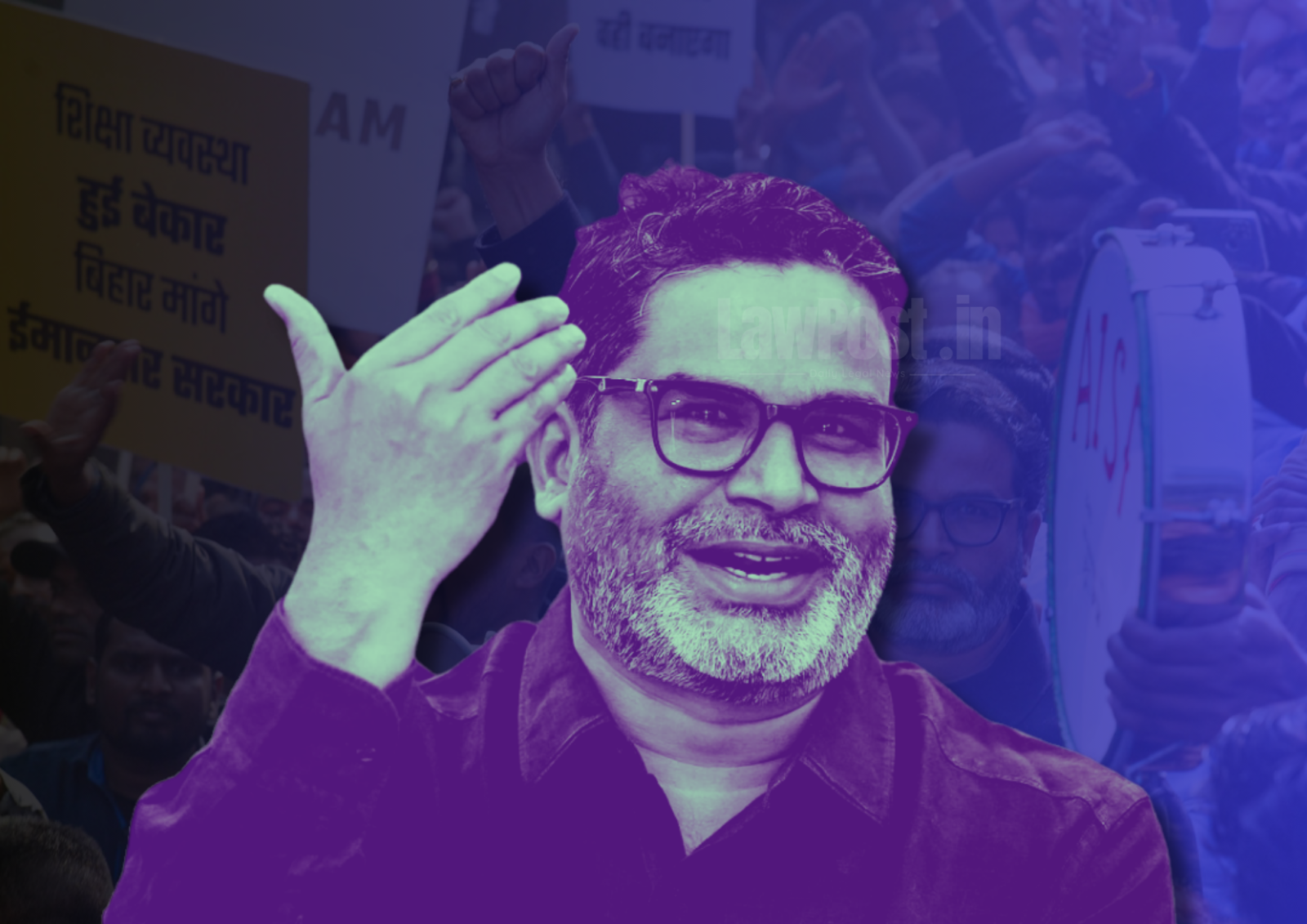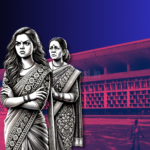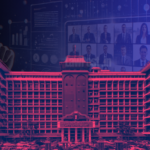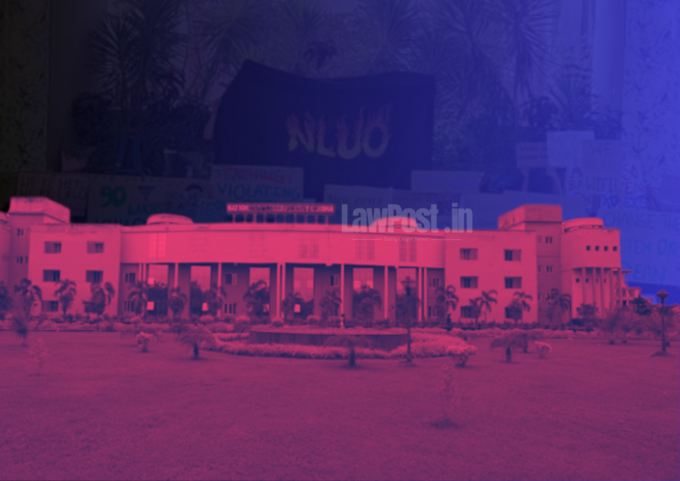A local court in Patna on Monday sent Jan Suraaj leader Prashant Kishor to judicial custody after he declined to accept bail conditions following his detention during a fast-unto-death protest at Gandhi Maidan. The protest was part of a larger movement against alleged irregularities in the Bihar Public Service Commission (BPSC) – 70th Combined Competitive Examination (CCE).
Kishor, detained early morning by Bihar police from the protest site, was presented before the court the same day. The court offered bail on the condition that Kishor provide a bond of ₹25,000 and agree not to participate in future protests.
However, Kishor rejected the terms, with his lawyer arguing for unconditional bail. “Protesting is not an offence,” the lawyer contended, emphasizing that Kishor had acted within his democratic rights.
The court, citing its jurisdictional limitations, stated, “We do not have the authority to alter or review the bail order. If you disagree with the conditions, you may approach the High Court for relief.”
Despite the legal avenue presented, Kishor refused to comply with the conditions, leading to his remand in judicial custody.
Background of the Protest
Kishor began his fast-unto-death on January 2, 2025, in solidarity with students demanding the cancellation of the BPSC – 70th CCE conducted on December 13, 2024. The protests were sparked by allegations of irregularities during the examination, which prompted the state government to announce a re-examination for candidates affected by the lapses.
On January 4, the re-test for 12,000 candidates from the Bapu Pariksha Parisar center in Patna saw only 5,943 attendees, according to a press release issued by the BPSC.
Kishor criticized the re-examination as an admission of systemic failures, arguing that such measures undermined the credibility of the commission.
Legal and Political Implications
The court’s decision to include a condition barring Kishor from participating in protests has drawn sharp reactions from political observers and activists. While some view it as a standard legal practice, others see it as an infringement on Kishor’s fundamental rights.
Kishor’s legal team has indicated the possibility of challenging the order in the High Court. In the meantime, his supporters have vowed to continue the movement, further escalating the political pressure on the state government to address the alleged discrepancies in the BPSC examination process.








